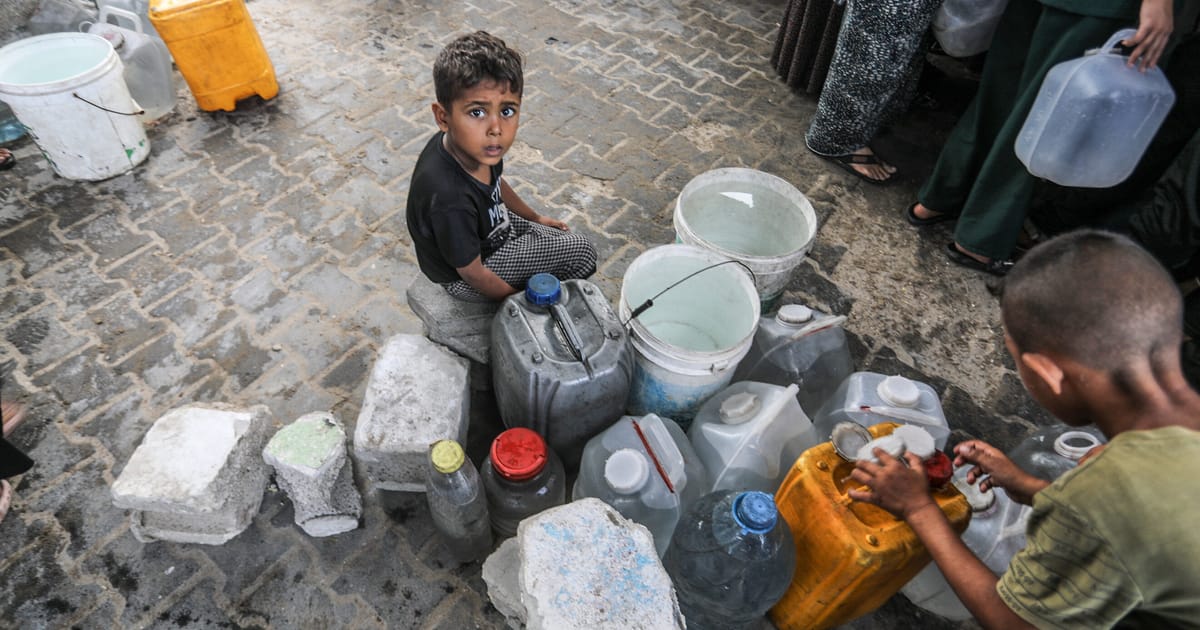

The world continues to witness a series of complex geopolitical events that pose challenges yet provide opportunities for dialogue and resolution. From the ongoing tensions in the Middle East to assurances of international support in other regions, these developments remind us of the interconnected nature of our world.
In the heart of the Middle East, recent events have highlighted the persistent struggle faced by Palestinian communities. A concerning incident occurred at an aid station in Gaza, leading to the loss of dozens of Palestinian lives despite ongoing diplomatic efforts to maintain peace in the region. The incident has drawn attention at a high level within the European Union, prompting discussions about the potential reevaluation of diplomatic relations with Israel. As the international community seeks pathways to peace, such tragedies underscore the pressing need for constructive dialogue and international cooperation.
Meanwhile, the situation in the West Bank draws focus on the hardships faced by individuals caught in the conflict. The tragic loss of a young Palestinian-American, Sayfollah “Saif” Musallet, serves as a somber reminder of the personal toll of geopolitical struggles. Visiting his family, Musallet was reportedly killed by settlers, and a delay in medical response due to access restrictions compounded the tragedy. Such incidents highlight the human cost of conflict and reinforce the call for adherence to humanitarian principles and efforts to safeguard civilians.
On a broader scale, tensions within the Gaza Strip have recently seen a shift in strategy. Hamas, amid ongoing operations and military pressure, has shifted its focus toward capturing an Israeli soldier as a tactical maneuver. In a recent incident in Khan Younis, a bid to capture an Israeli defense forces sergeant tragically ended in the sergeant’s death, stirring further complexities in an already tense environment. Such strategies display the harsh realities of military tactics employed by groups seeking leverage in negotiations.
Internationally, the alliances shaping global politics extend beyond regional conflicts. North Korea’s leader, Kim Jong Un, has confirmed unconditional support for Russia amid the ongoing conflict with Ukraine, underscoring the geopolitical alliances that transcend borders. This declaration follows discussions with Russia’s Foreign Minister Sergei Lavrov, signaling a reinforcement of ties and shared strategies. As global actors navigate these developments, the emphasis remains on diplomatic engagement and peaceful coexistence.
While these global challenges may seem daunting, they simultaneously open avenues for reflection and peaceful intervention. Each event serves as a reminder of the value of diplomacy, communication, and the ever-present hope for resolutions that honor human dignity and peace. In such times, mindfulness and a commitment to understanding can guide nations toward healing and cooperation.
Source: {link}
